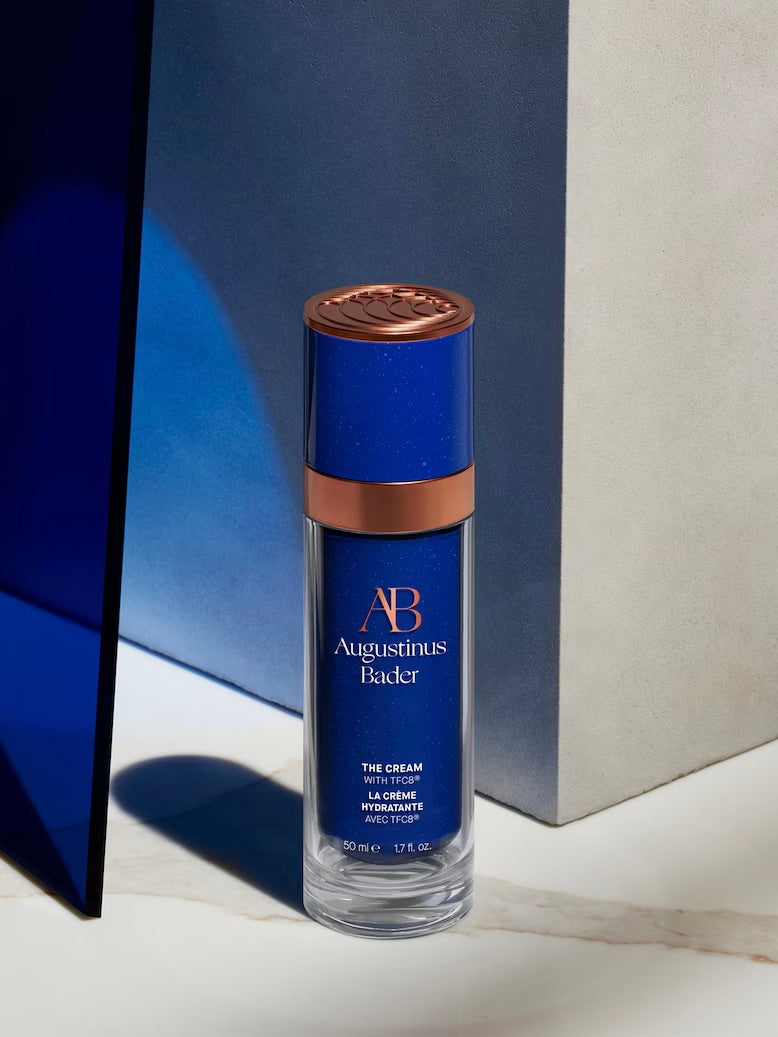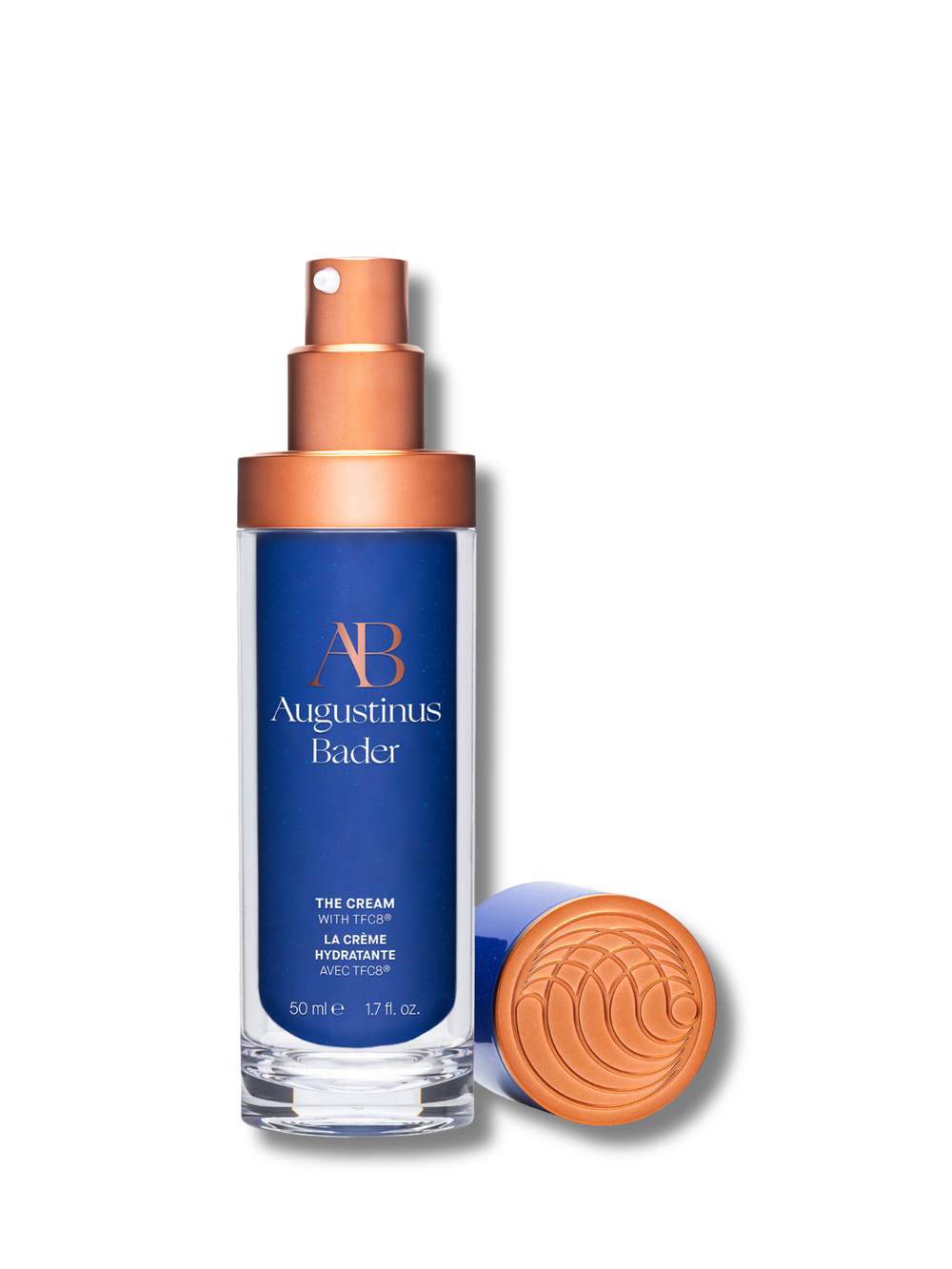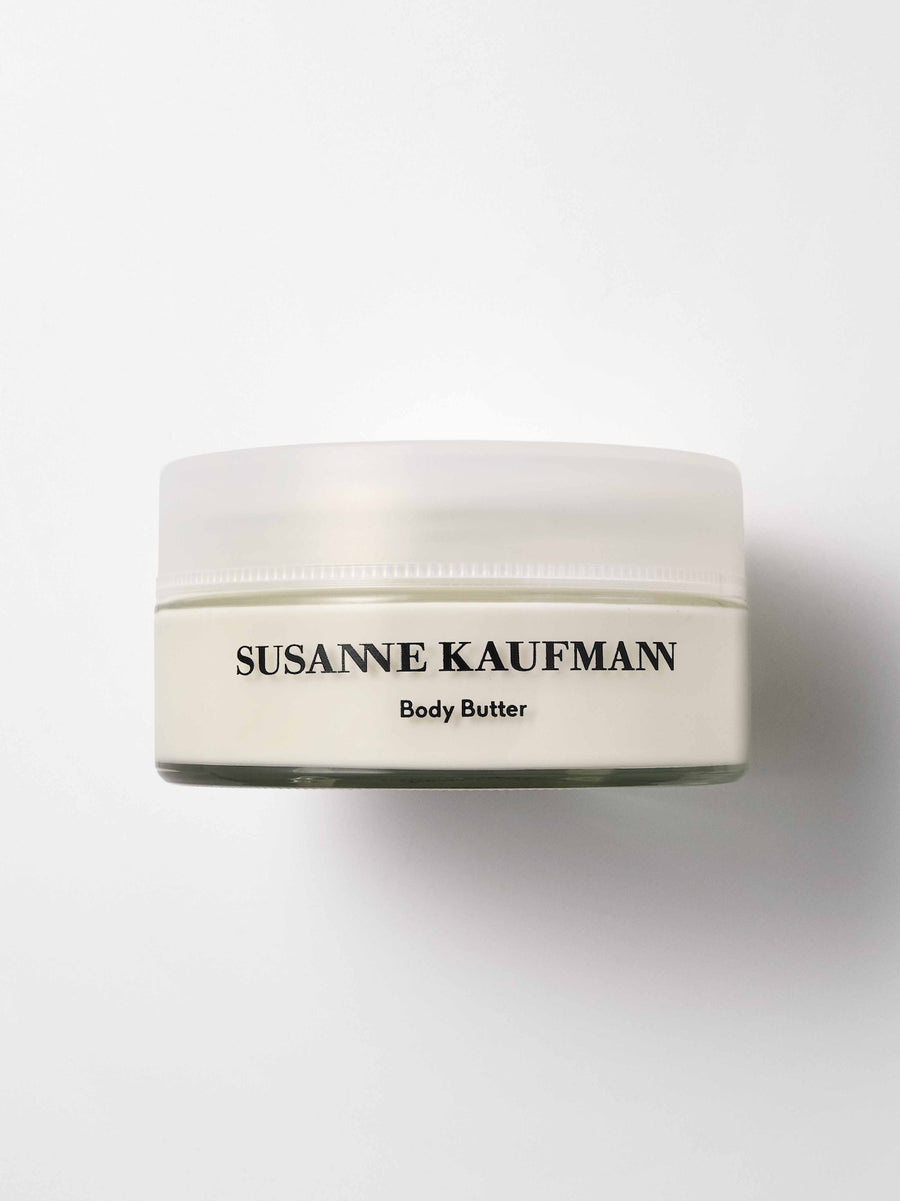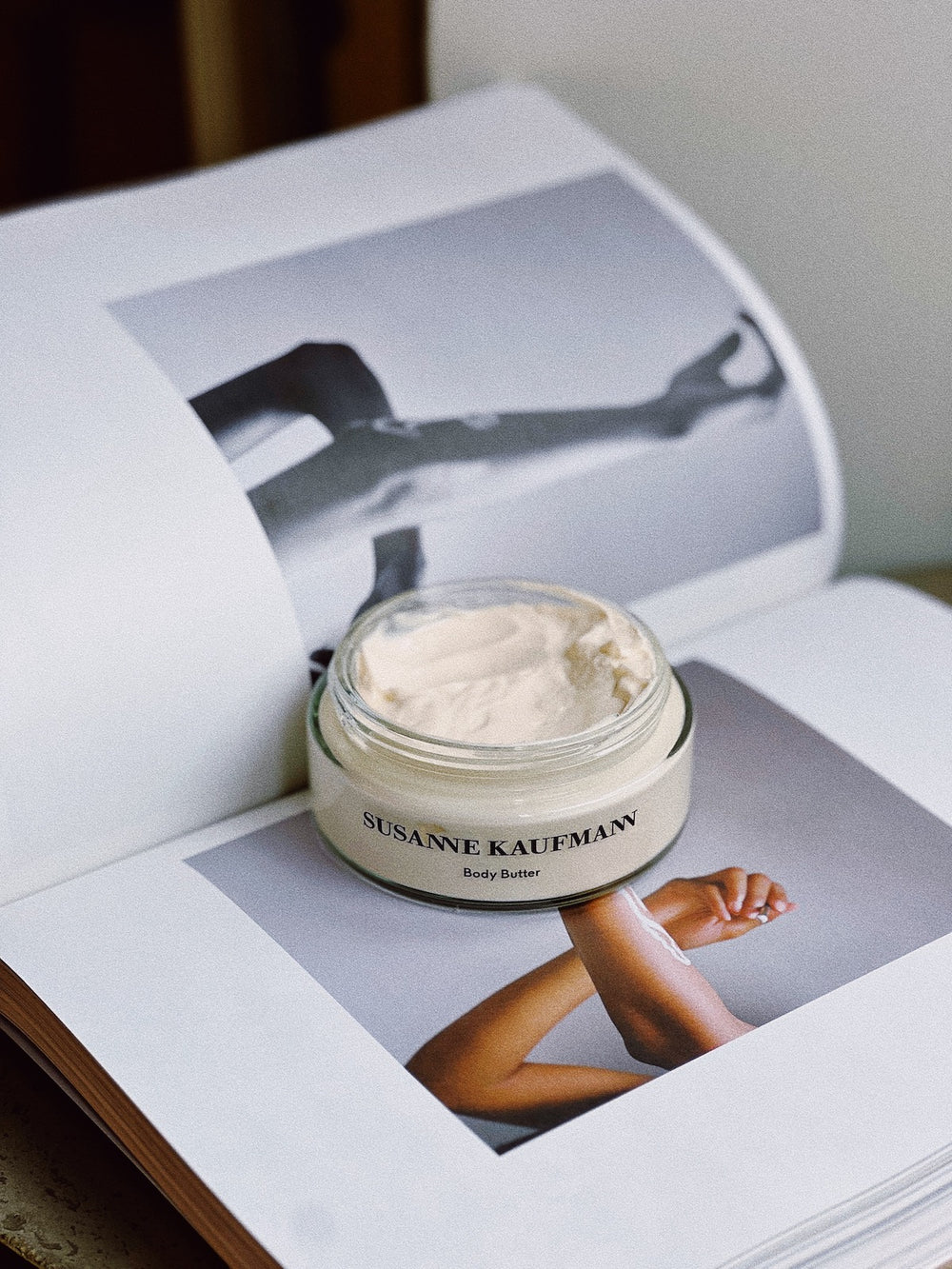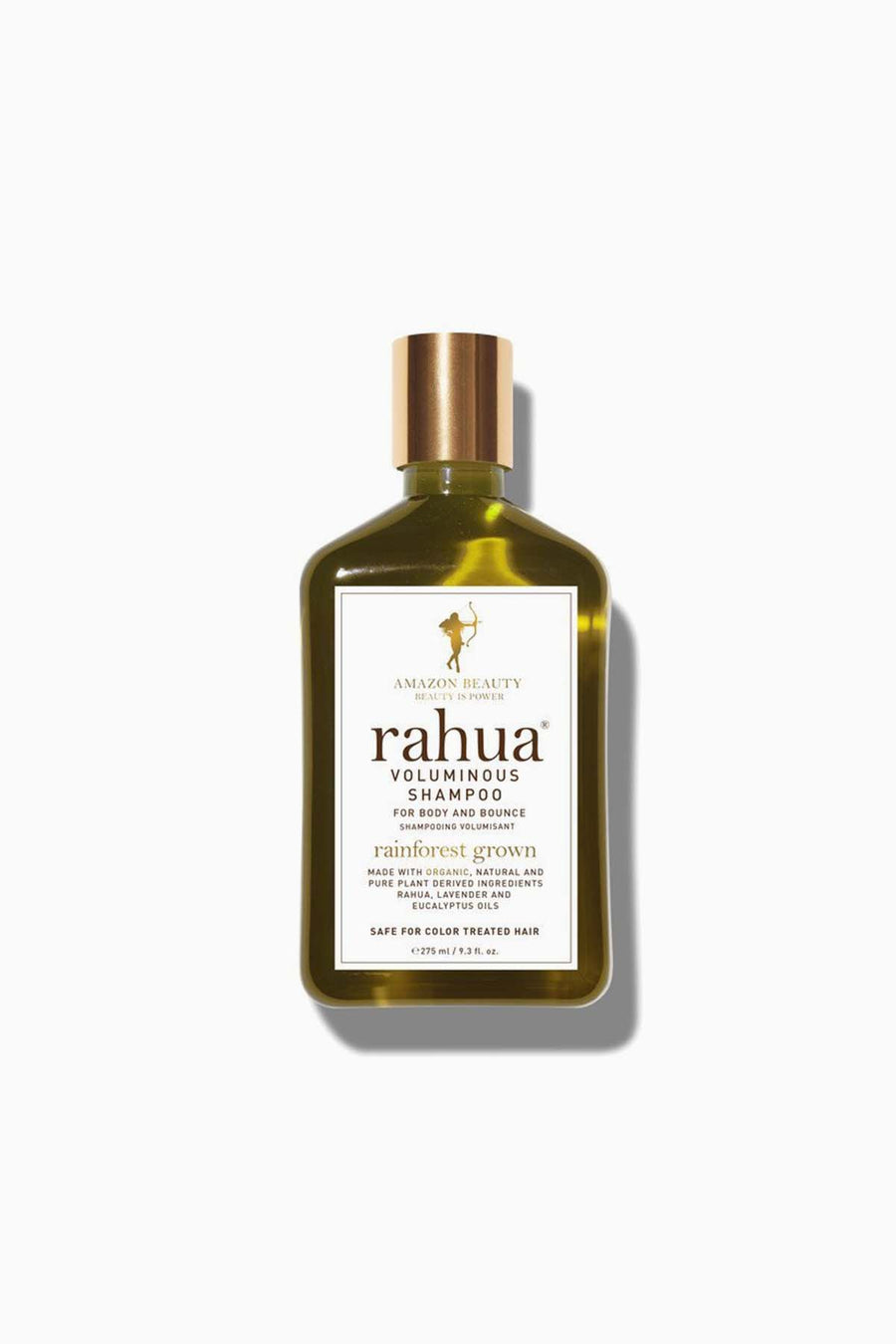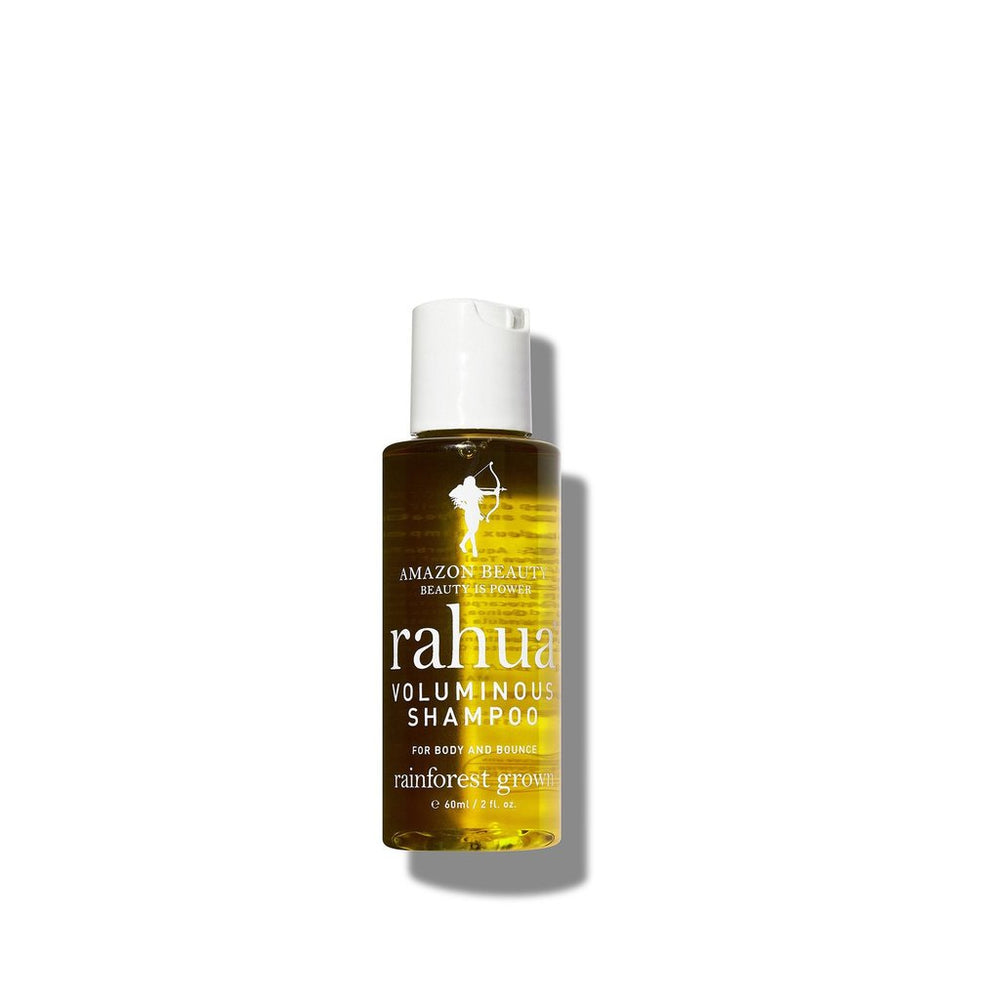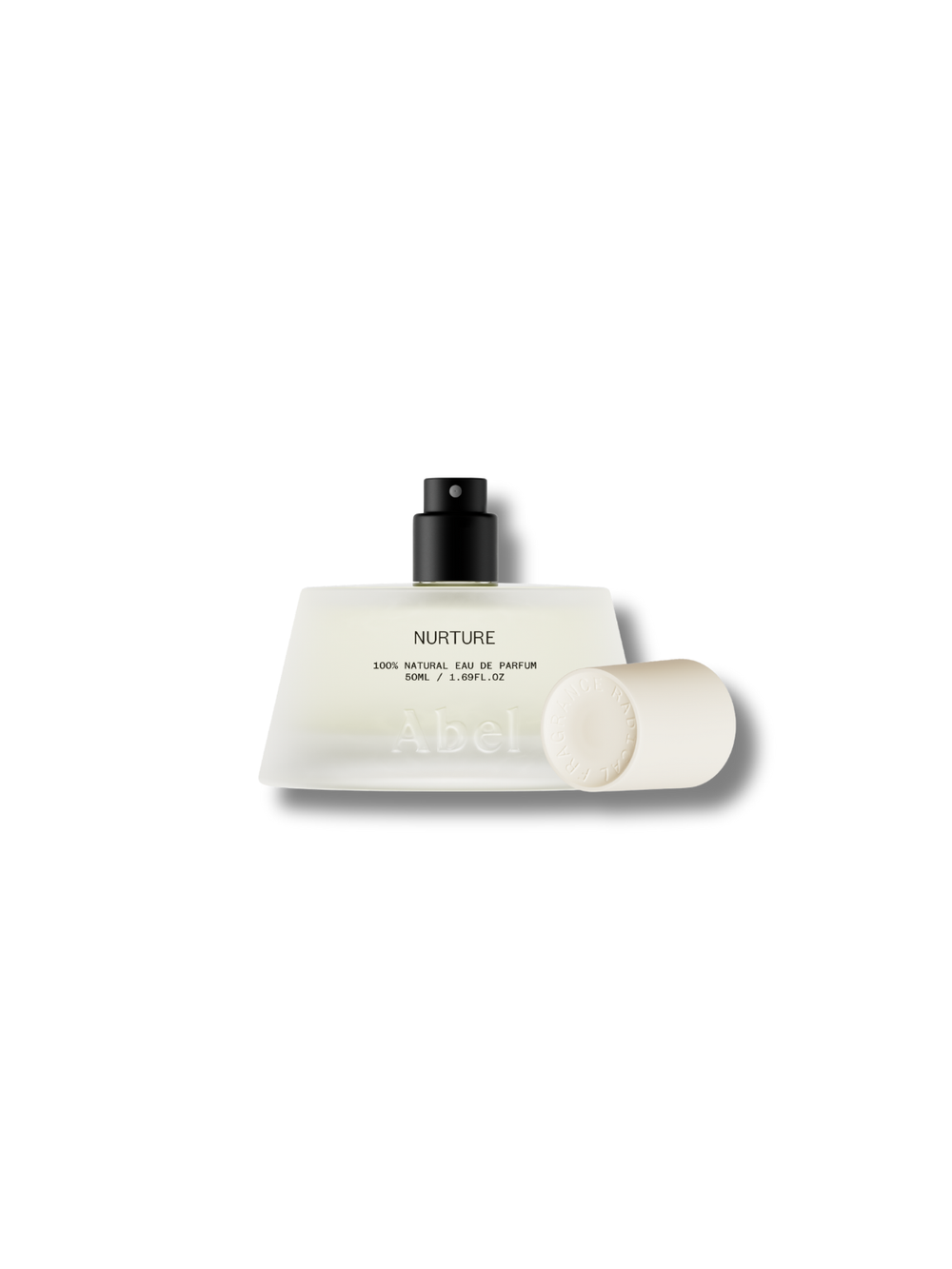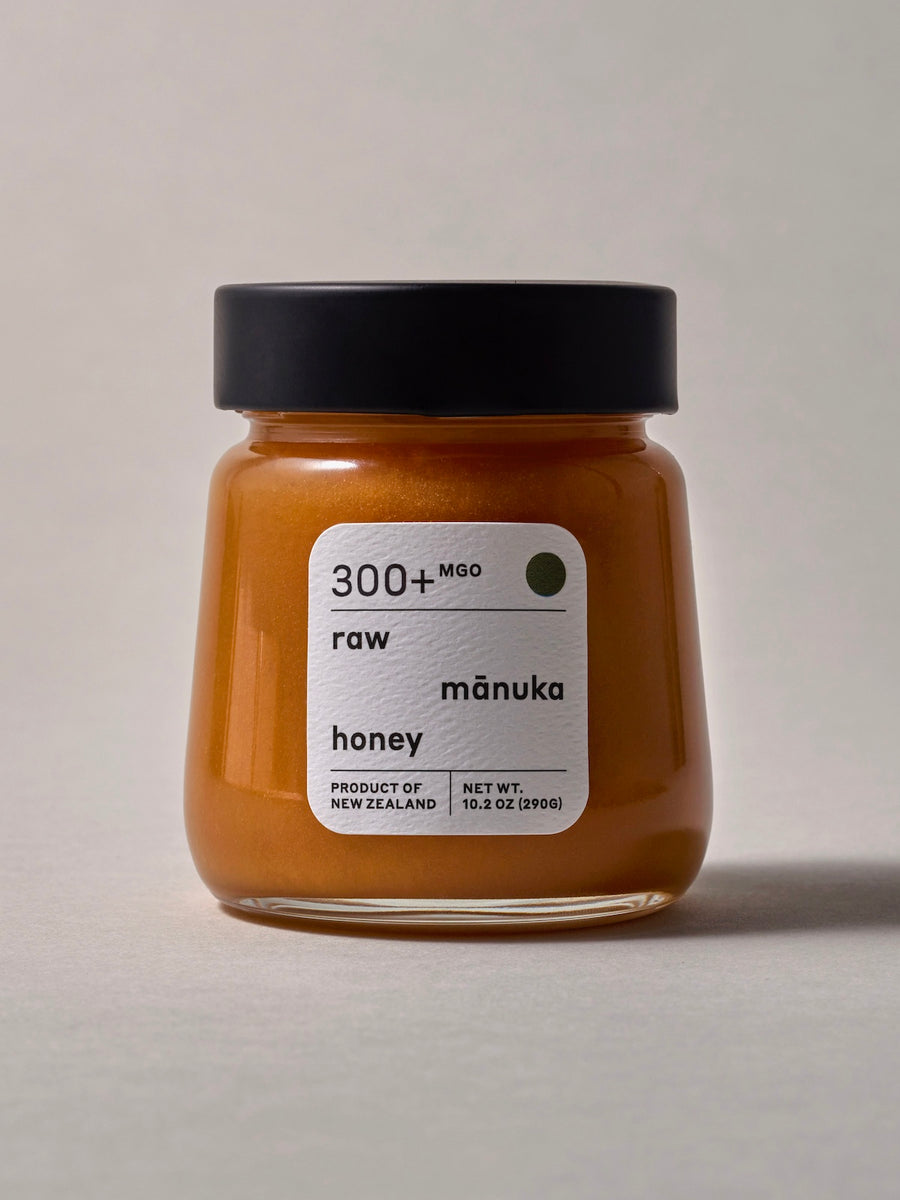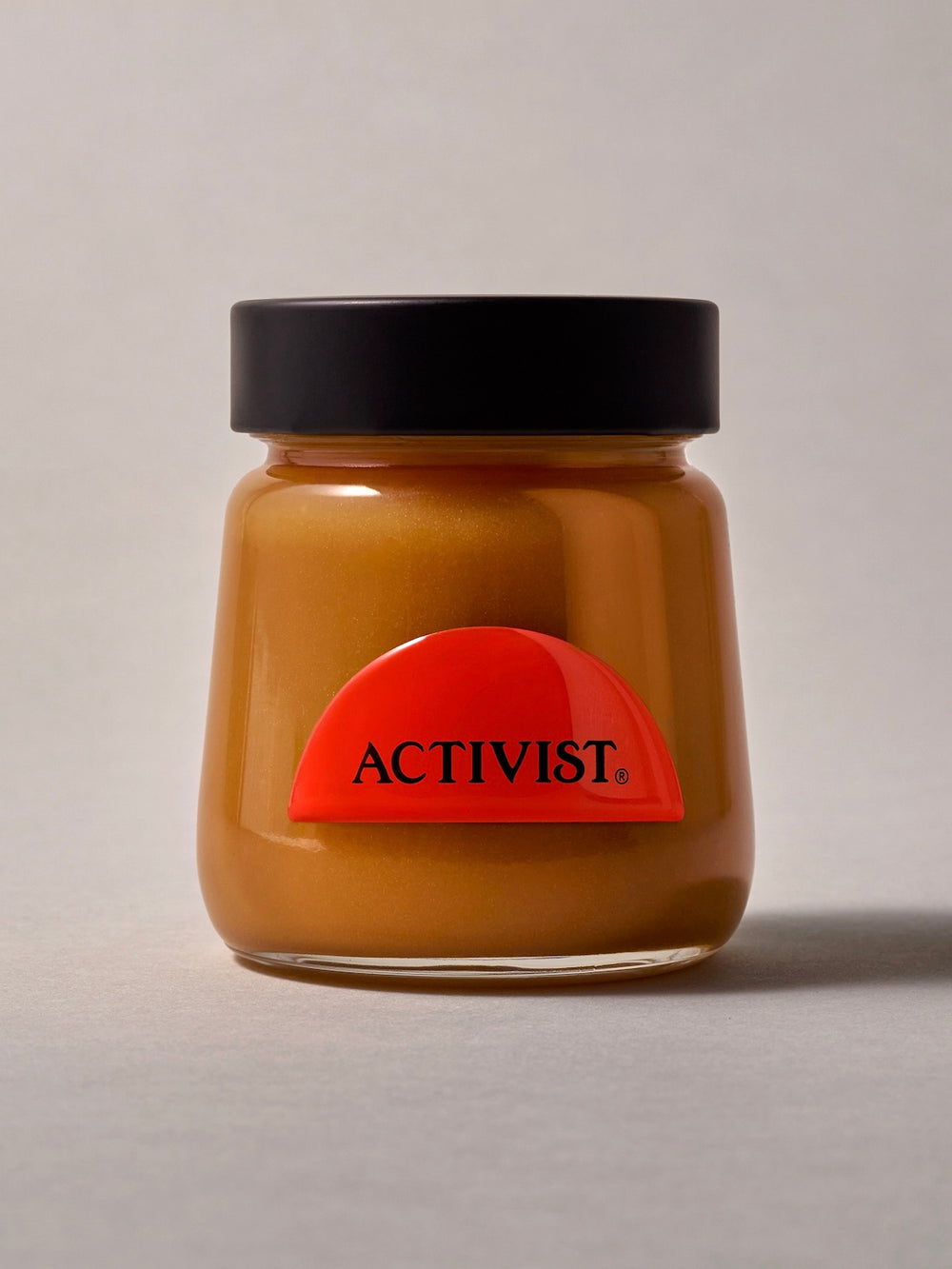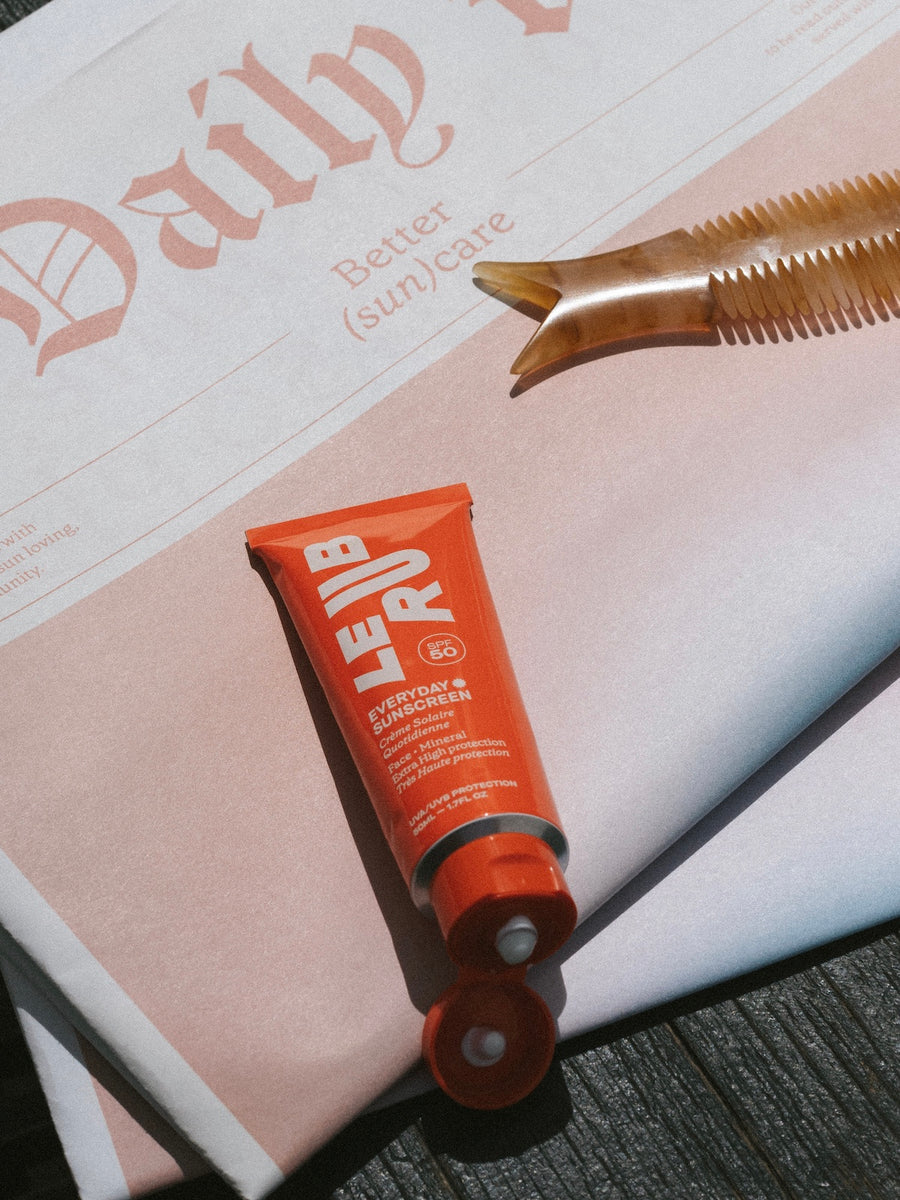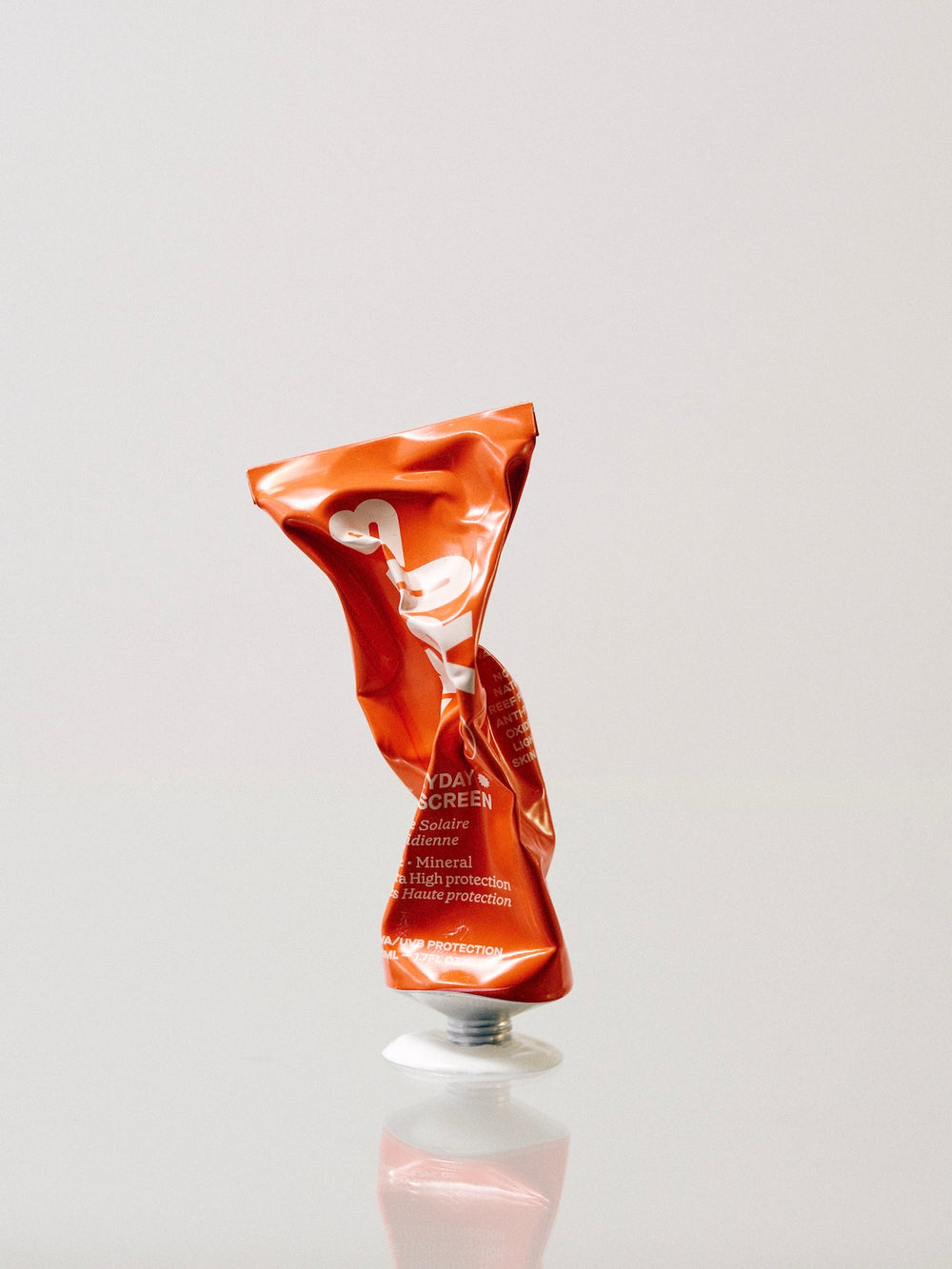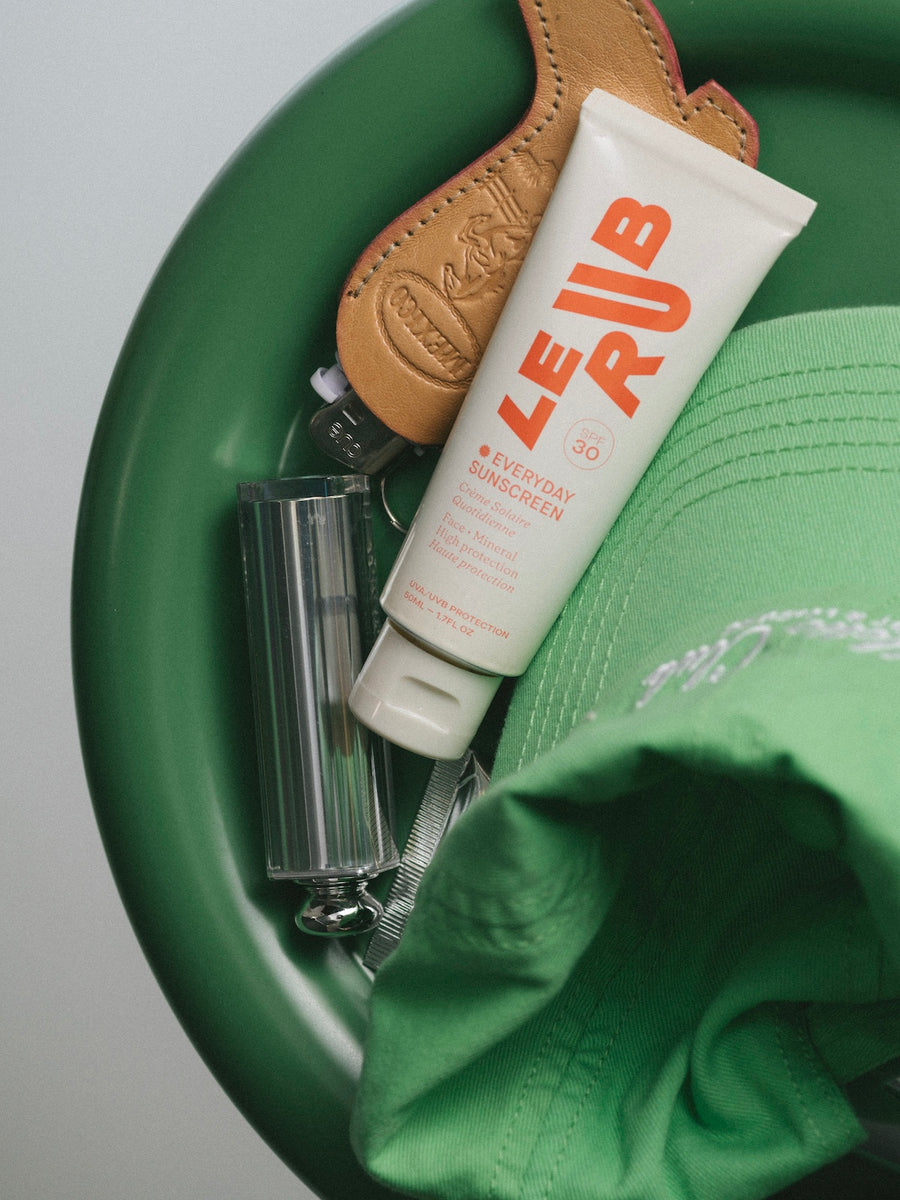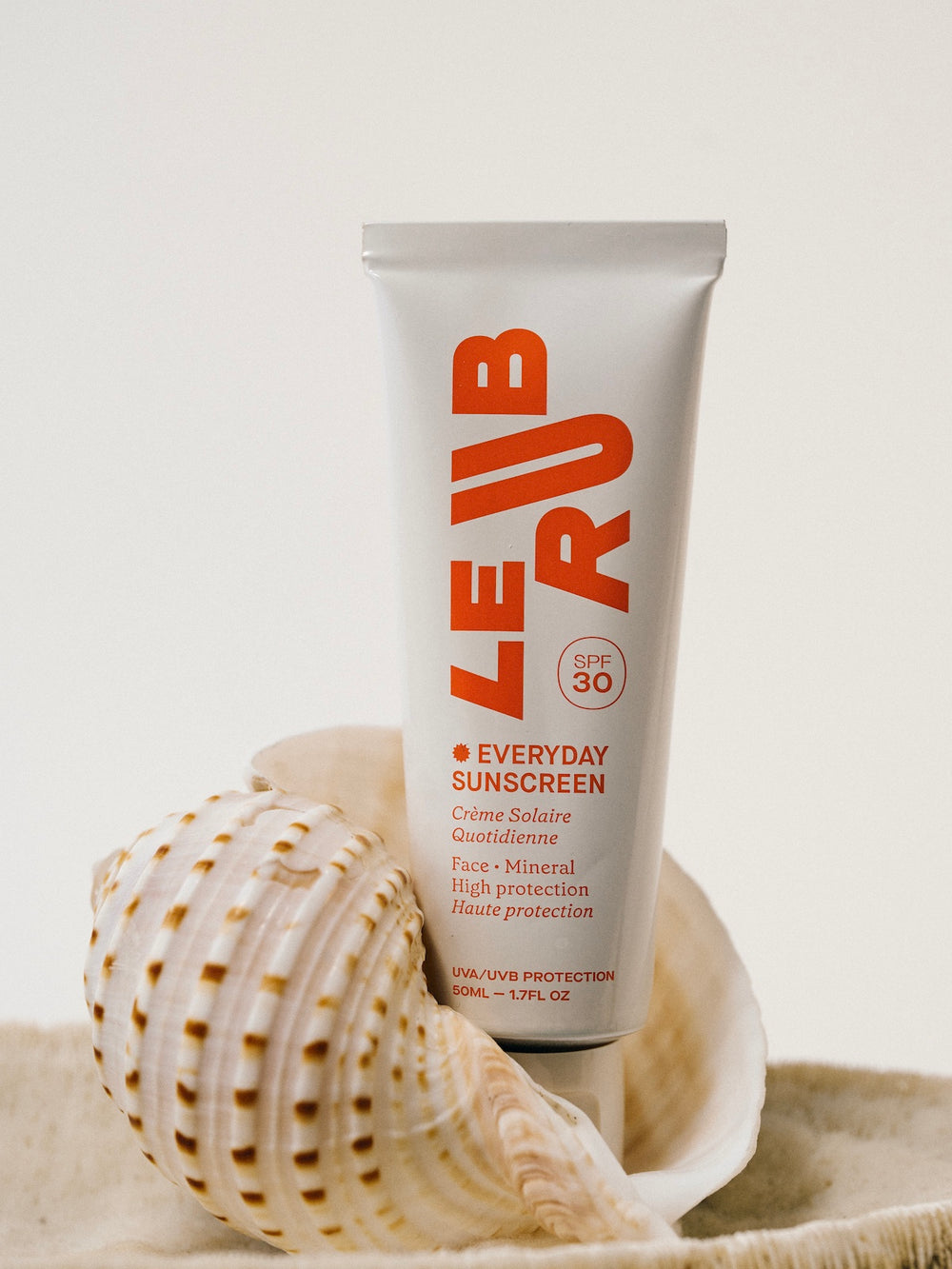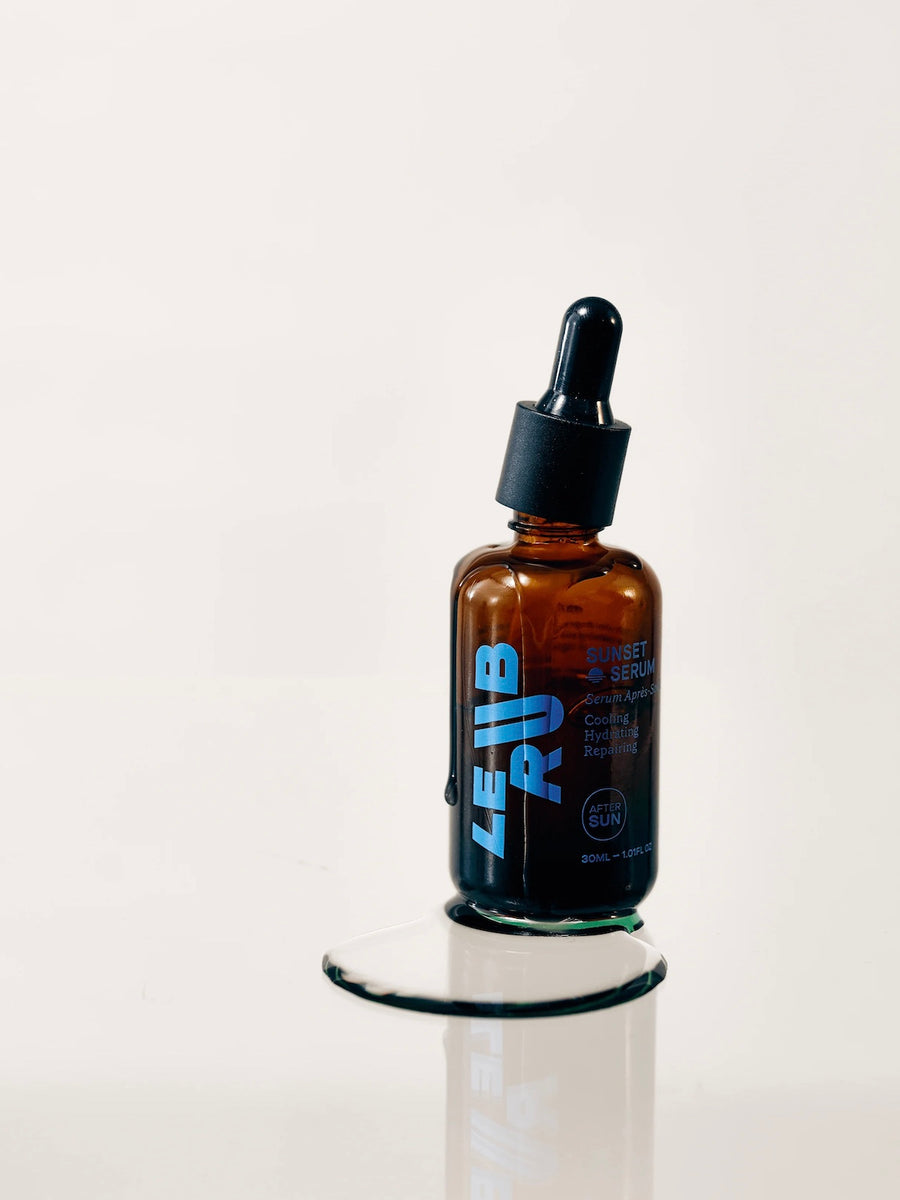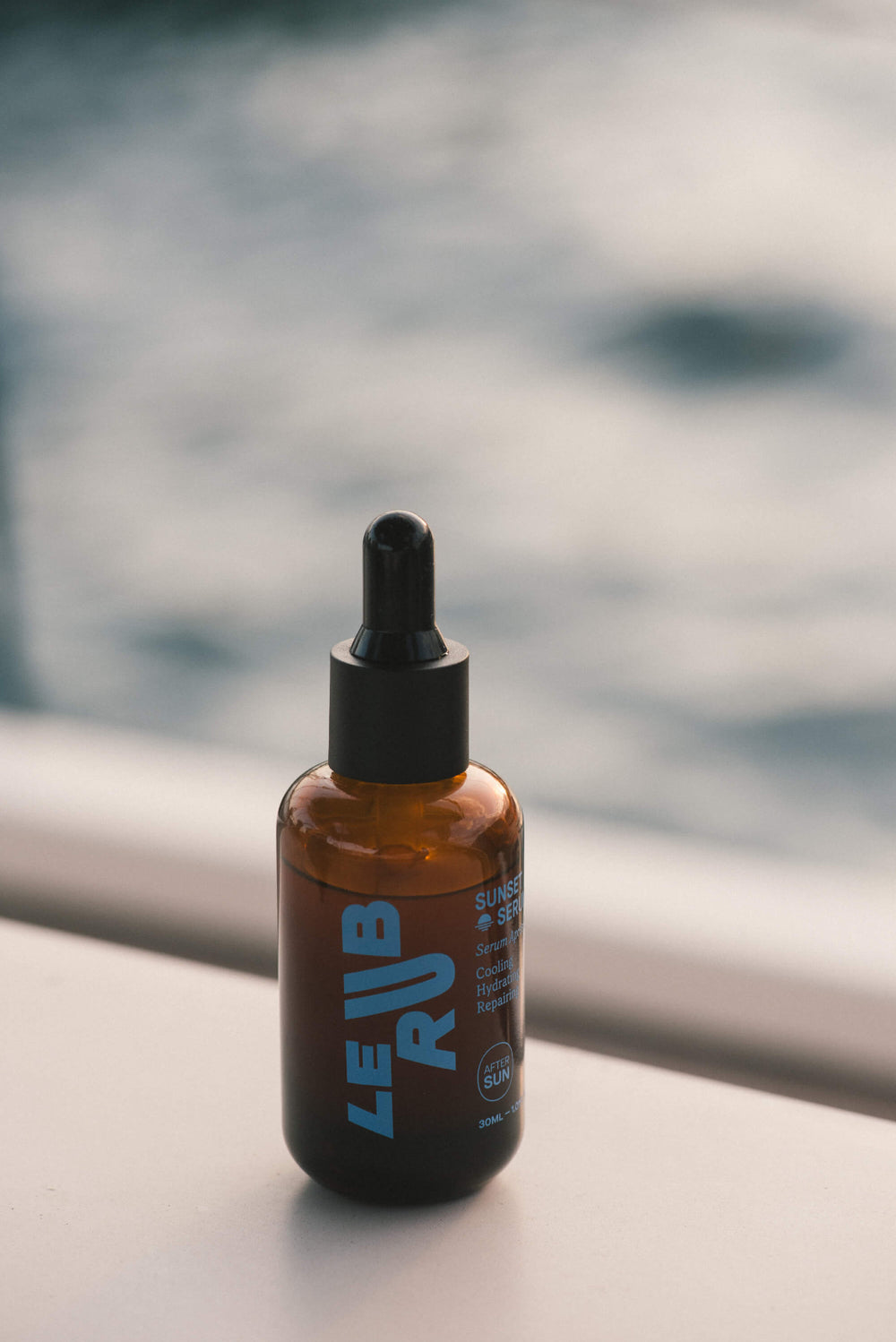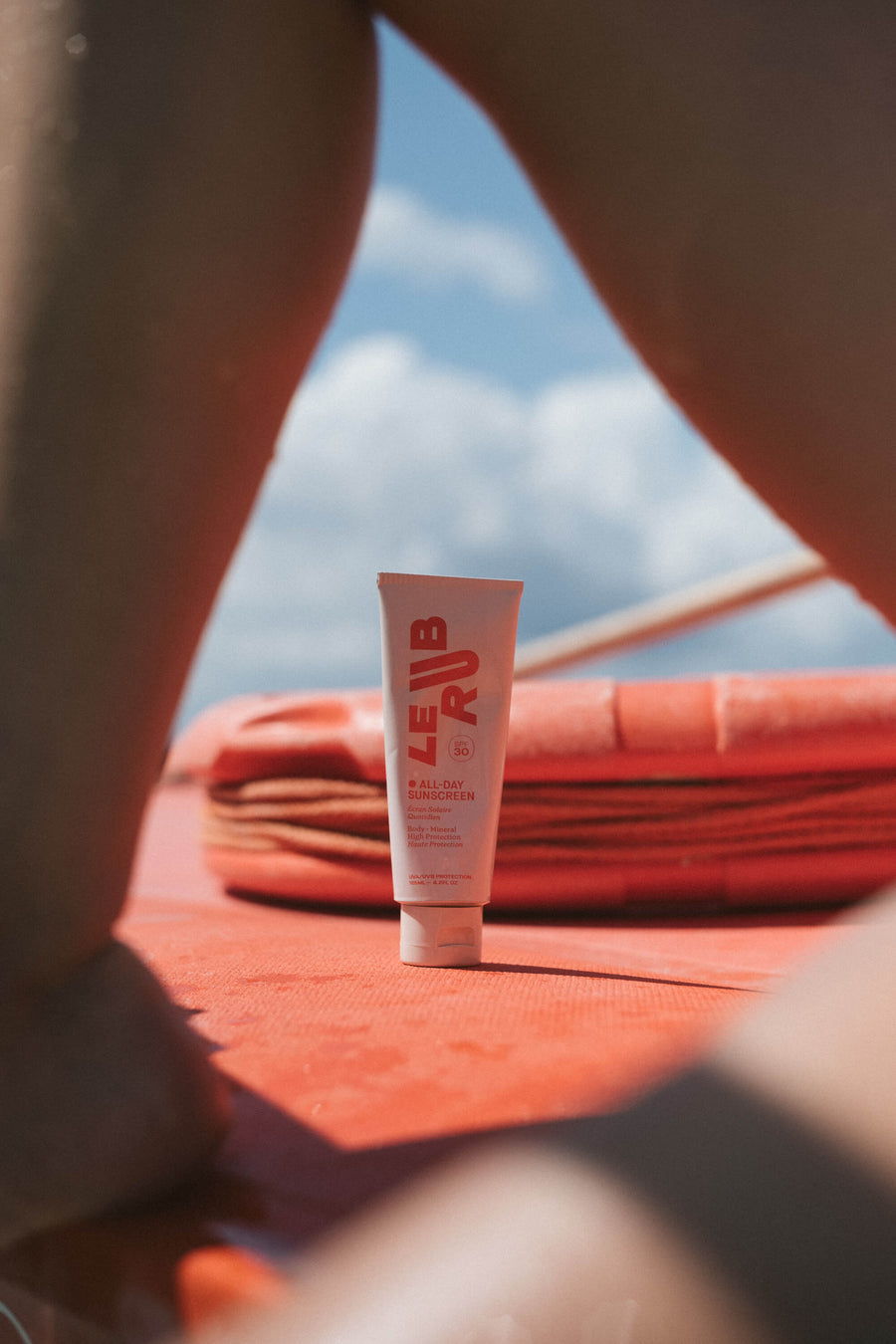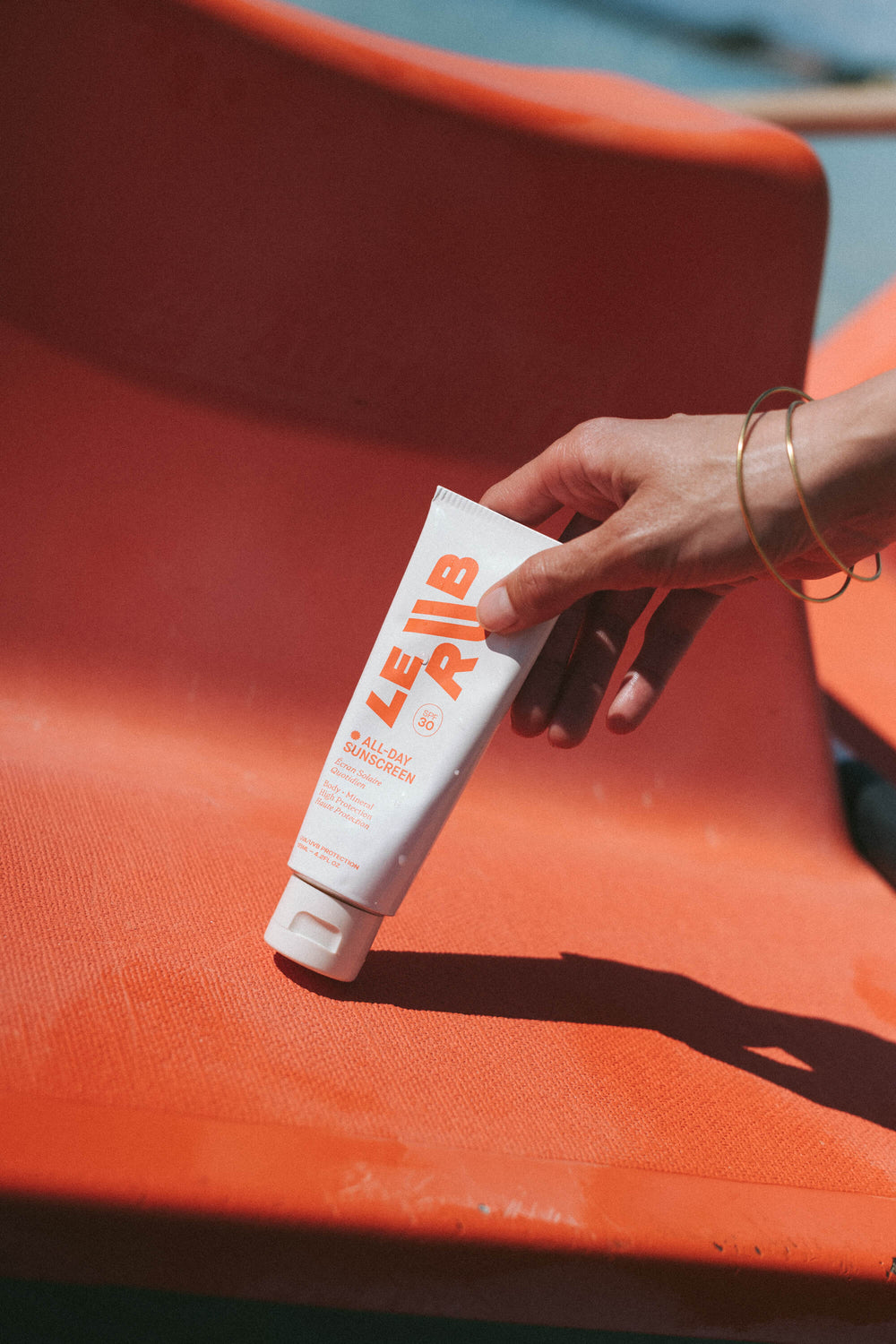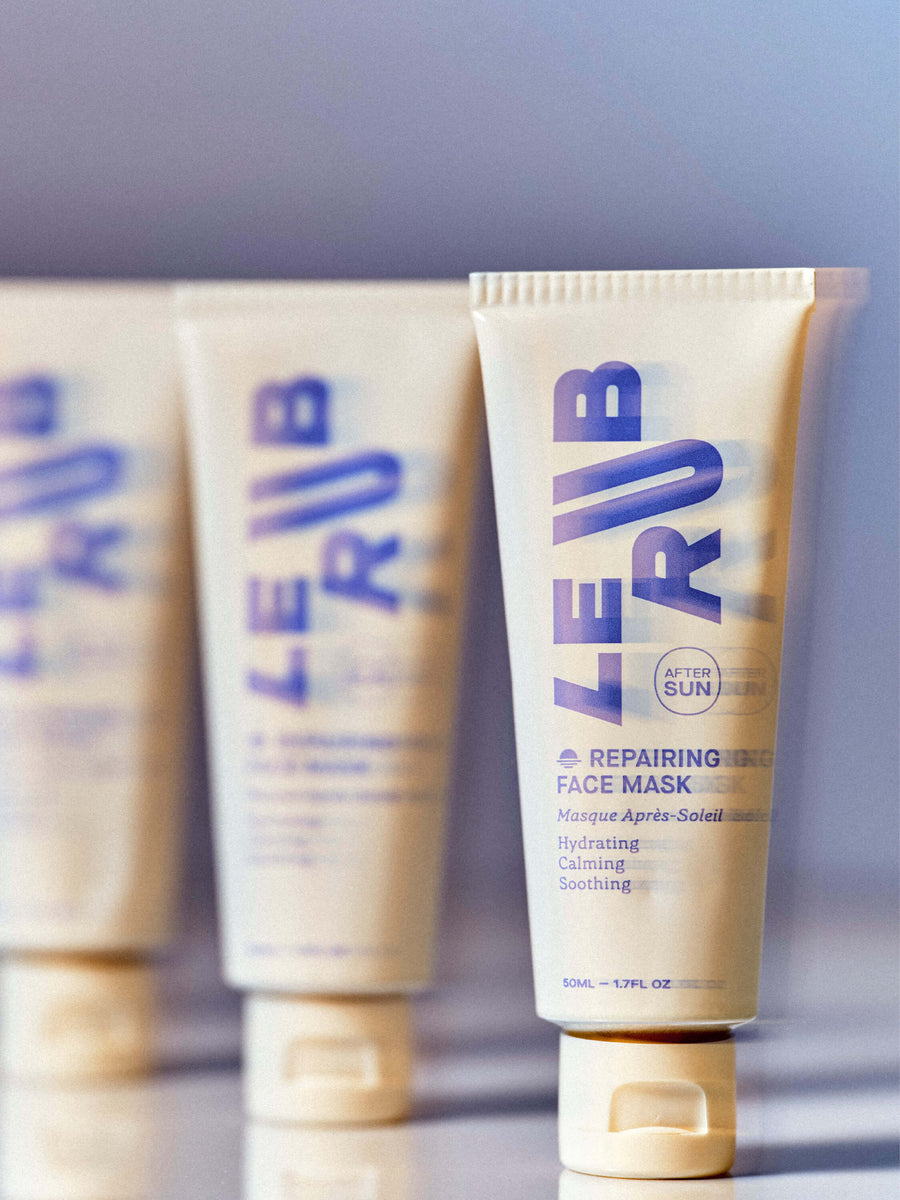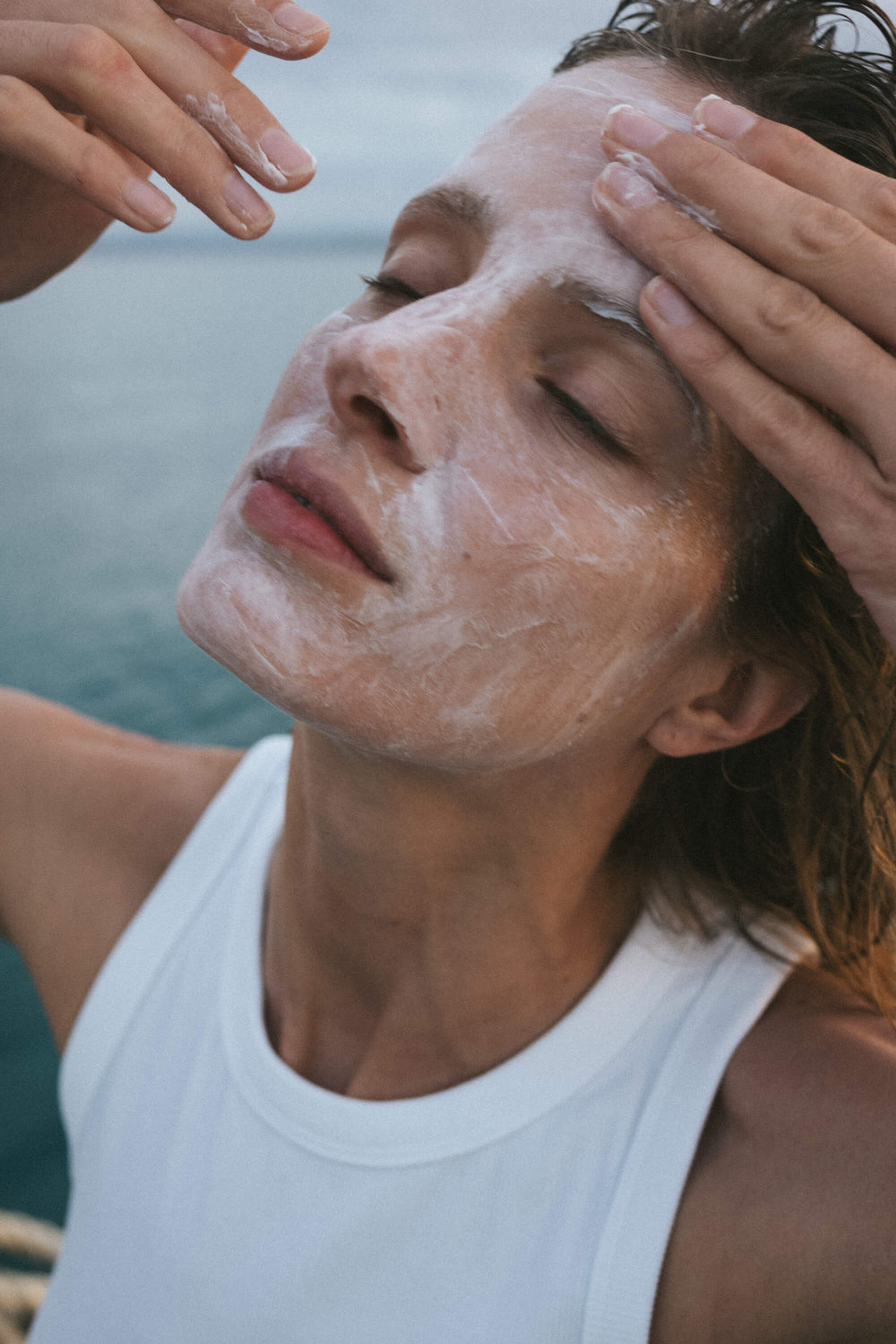Sun protection is the foundation of healthy, radiant skin. UV rays are the leading cause of premature aging, pigmentation, and long-term skin damage, making daily sunscreen a non-negotiable step in every routine.
In this guide, we’ll explain what SPF really means, how it protects your skin, and how to choose the formula that fits your skin type and lifestyle. Because when it comes to lasting beauty, prevention will always be more powerful than correction.
UNDERSTANDING THE IMPORTANCE OF SPF
What is SPF?
SPF stands for Sun Protection Factor, a measure of how effectively a sunscreen will protect your skin from UVB rays. UVB rays are responsible for sunburns and contribute to the development of skin cancer. The higher the SPF number, the more protection it offers against these harmful rays.
Why is SPF Important?
- Prevents Sunburn: Sunburn not only causes discomfort but also damages your skin cells, which can lead to premature aging.
- Reduces Skin Cancer Risk: Prolonged exposure to UV rays increases your risk of skin cancer. Using sunscreen with adequate SPF can significantly reduce this risk.
- Prevents Premature Aging: UV rays accelerate the aging process, causing wrinkles, fine lines, and age spots. Sunscreen helps slow down these signs of aging.
- Maintains Even Skin Tone: Sunscreen also prevents discoloration caused by sun exposure, helping you maintain an even skin tone.
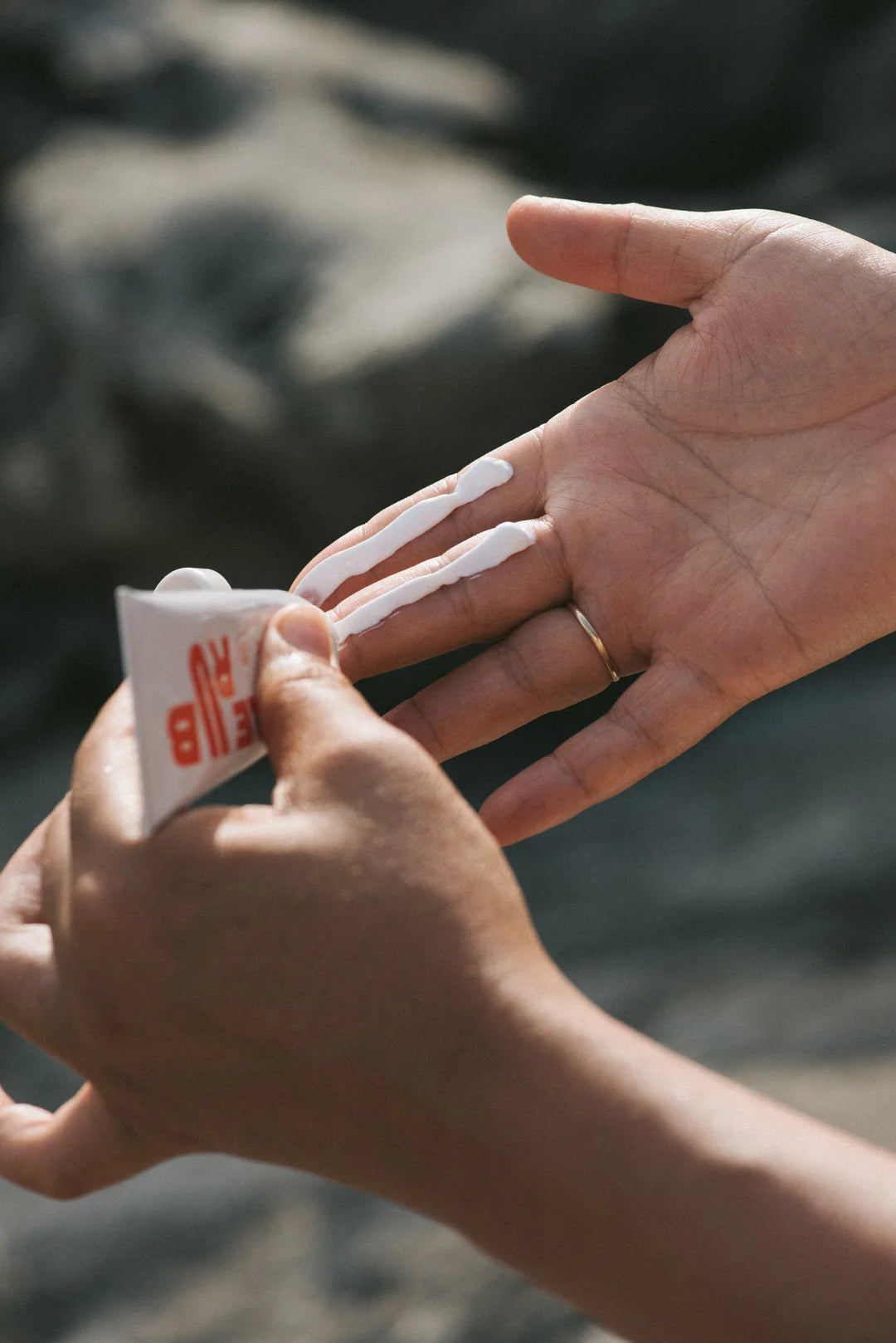
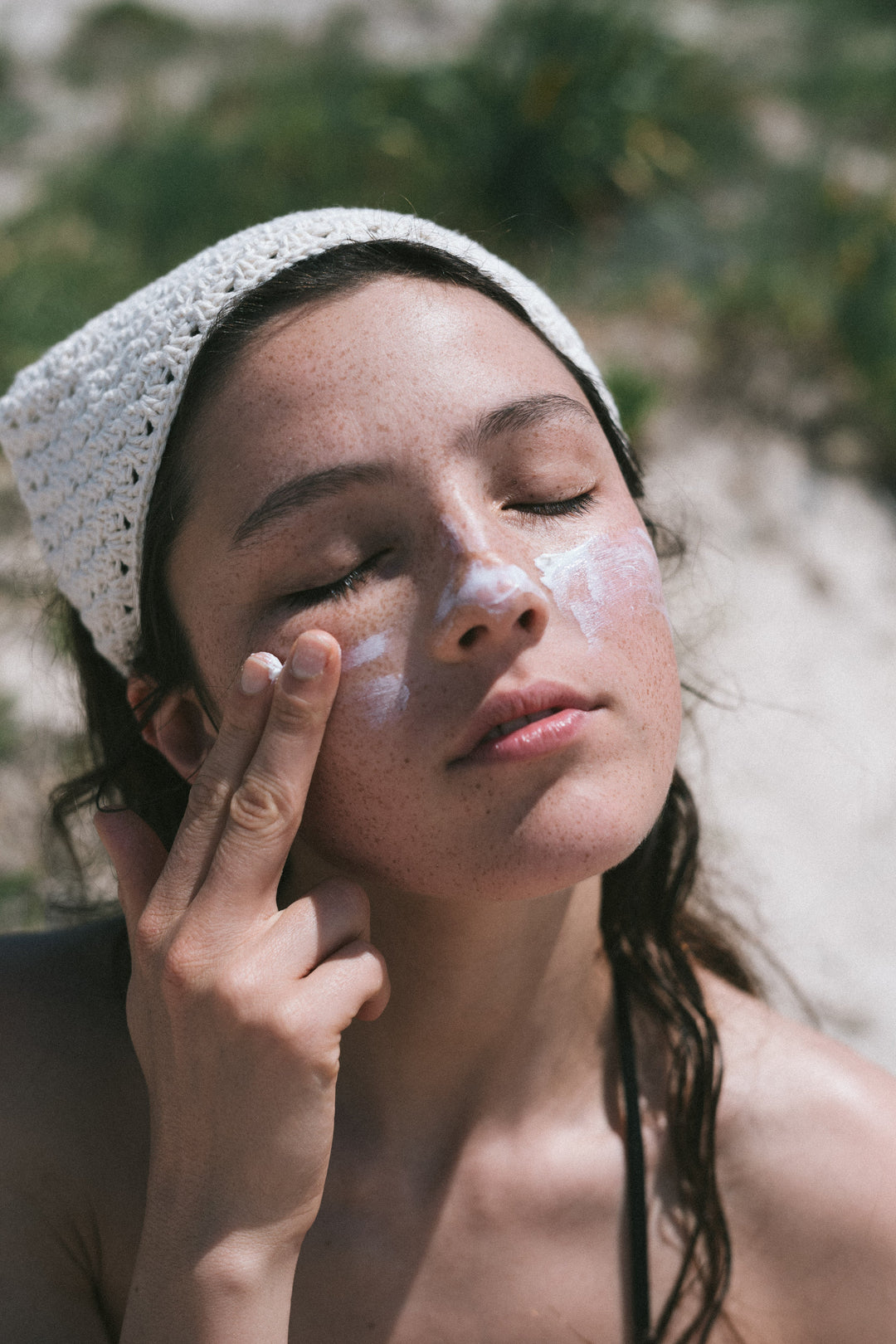
HOW TO CHOOSE THE RIGHT SUNSCREEN
1. Know Your Skin Type
Different skin types require different formulations of sunscreen. If you have oily skin, choose a mineral filter with Non Nano Zinc Oxide. For dry skin, opt for sunscreens with added hydrating ingredients to keep your skin hydrated.
2. Check the SPF Level
Choose a broad-spectrum sunscreen with at least SPF 30. This level filters out around 97% of UVB rays, offering enough protection for daily use.
3. Water-Resistant Sunscreen
Wether you sunscreen is water-resistant or not, we recommend reapplying after swimming or excessive sweating to maintain protection.
4. Look for Broad-Spectrum Protection
Ensure that your sunscreen protects against both UVA and UVB rays. While UVB rays cause sunburn, UVA rays penetrate deeper and contribute to skin aging and sun damage.
5. Consider Additional Features
Some sunscreens are infused with antioxidants, anti-aging ingredients, or natural formulations. Choose a sunscreen that caters to your specific skincare needs for added benefits.
Mineral vs. Chemical Sunscreen: What’s the Difference?
Both protect your skin from harmful UV rays, but they work in very different ways.
Mineral sunscreens use zinc oxide to sit on top of the skin and reflect UV rays away. They start working the moment you apply them and are ideal for sensitive or breakout-prone skin. Because they don’t clog pores or cause irritation, they’re also perfect for daily use, even under makeup. Modern mineral formulas are lightweight, blend beautifully, and feel comfortable all day.
Chemical sunscreens absorb UV rays and convert them into heat, which is then released from the skin. They usually have a fluid, invisible texture that feels weightless and smooth. However, they can sometimes irritate very sensitive or reactive skin.
In short:
Mineral = gentle, non-comedogenic, great for daily use and sensitive or acne-prone skin.
Chemical = lightweight, invisible finish, ideal for those who prefer a fluid texture.
Both protect effectively, what matters most is finding one you’ll love to wear every single day.
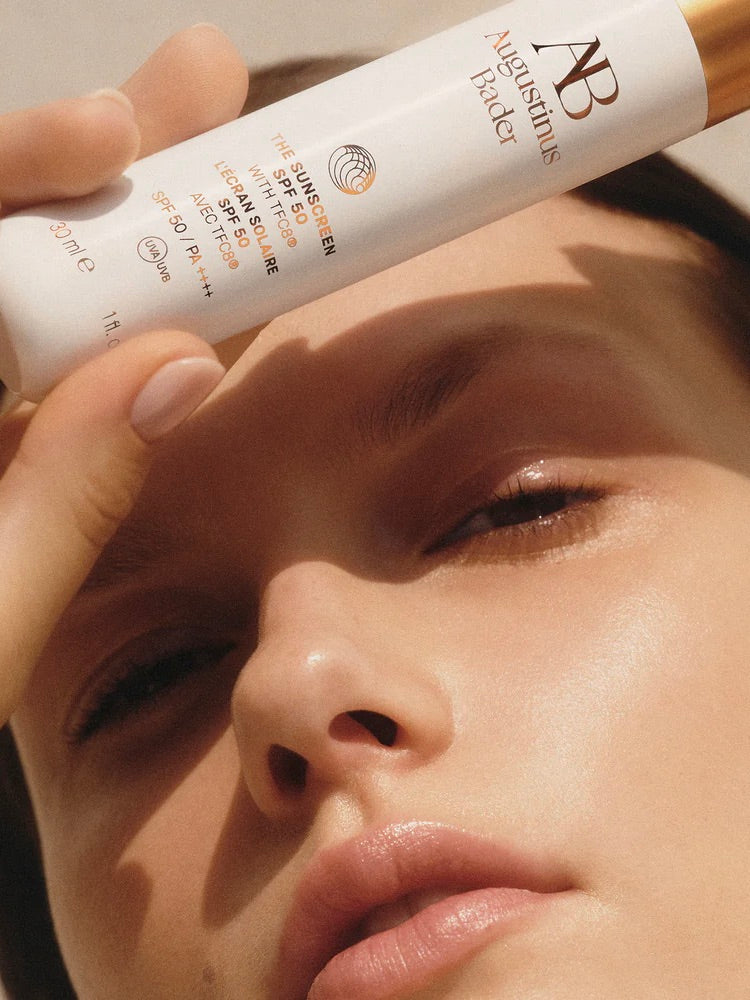
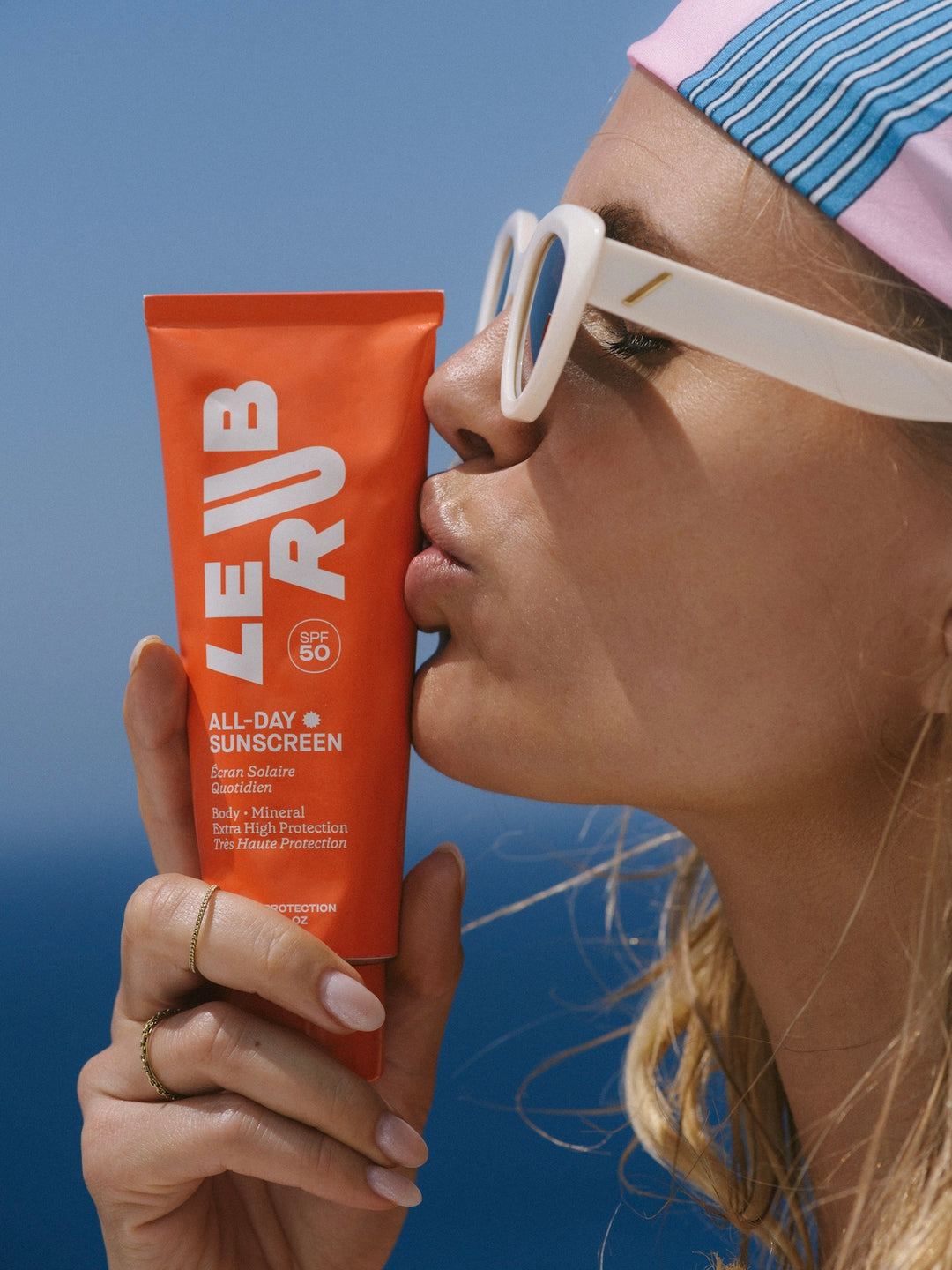
Why You Should Wear SPF Every Day
SPF isn’t just for summer or sunny days, it’s something your skin needs every single day. UV rays penetrate clouds and windows, quietly causing damage that leads to wrinkles, pigmentation, and loss of firmness over time.
And here’s the truth: your foundation with SPF is never enough. Makeup rarely provides the protection stated on the label, because you’d have to apply far more than anyone realistically would.
Without proper sun protection, even the most advanced serums or creams can’t do their job. There’s little point in investing in expensive skincare if you don’t shield your skin from the main cause of damage.
Daily sunscreen is the simplest, most effective anti-aging product you’ll ever use.




